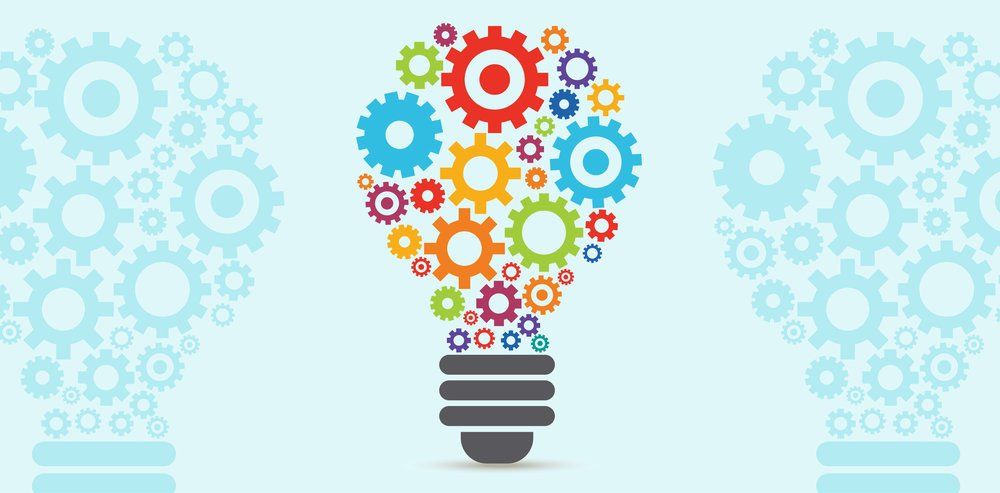Trending Blogs


CHANGE MANAGERS, WHAT'S THEIR ROLE?

CHANGE MANAGEMENT ROLES AND RESPONSIBILITIES
ONE OF THE KEY CHALLENGES HIRING MANAGERS, RECRUITERS AND CANDIDATES FACE WHEN HIRING FOR CHANGE IS HAVING A CLEAR UNDERSTANDING WHAT THE ROLE OF A CHANGE MANAGER MEANS AND WHAT THEIR RESPONSIBILITIES AND OUTCOMES ARE. WHILST THIS IS LIKELY BECAUSE THE CHANGE SECTOR KEEPS EVOLVING AND MATURING, IT CERTAINLY CAUSES A FEW HEADACHES - PARTICULARLY WHEN SOMEONE WANTS TO TRANSITION TO IT.
Last week I attended an event sponsored by the Change Management Institute (CMI) where we discussed several of those challenges. We started our session by having an open dialogue on the scope of change and what the roles of change practitioners are.
A key element of any change role is to assist the transition of people, systems and processes from the current ‘as-is’ state to a future ‘to-be’ whilst ensuring the return on investment is met and reducing stress and anxiety on the users.
Change Managers are usually perceived as the ‘planner’. They define the strategy (including training and communication plans) and provide clarity on the scope and outcomes. They also need to anticipate and mitigate risks, educate the business on change and enable senior leaders to ‘lead’ it. Change Managers also tend to work best in collaboration with Project Managers, so they can track and measure progress.
Change Analyst are typically the ‘doers’. Their role is to act upon the change strategy, conduct impact assessments, prepare communication and training materials and liaise with training providers. They also analyse the skill gap between the current and future state. Whilst this role could provide a path to become a Change Manager, it’s important to note that Change Analyst offer a different breadth of skills and should not be regarded as a junior role.
During the workshop, we also discussed the importance of qualifications and accreditations, and which ones are more beneficial at different stages of your career. The duration and cost for them ranges from a few day workshops to completing a full one-year Graduate Certificate. Given the investment this represents, it’s best to start by doing your own research, reading the free material online and making an informed decision of which one matches your style best. While certifications are not mandatory to operate in the field, it’s important to note that some organisations would hire in favour of individuals who have completed certain ones.
If you need any change resources for your team or are looking to understand more about change management roles and responsibilities, please don’t hesitate to call me to have a confidential discussion.
Jaquelina Iselli
Consultant
Project Resource Partners
Level 29, 360 Collins Street, Melbourne VIC 3000 Australia
T +61 3 9949 8100
D +61 3 9949 8107
E jiselli@projectresourcepartners.com.au


